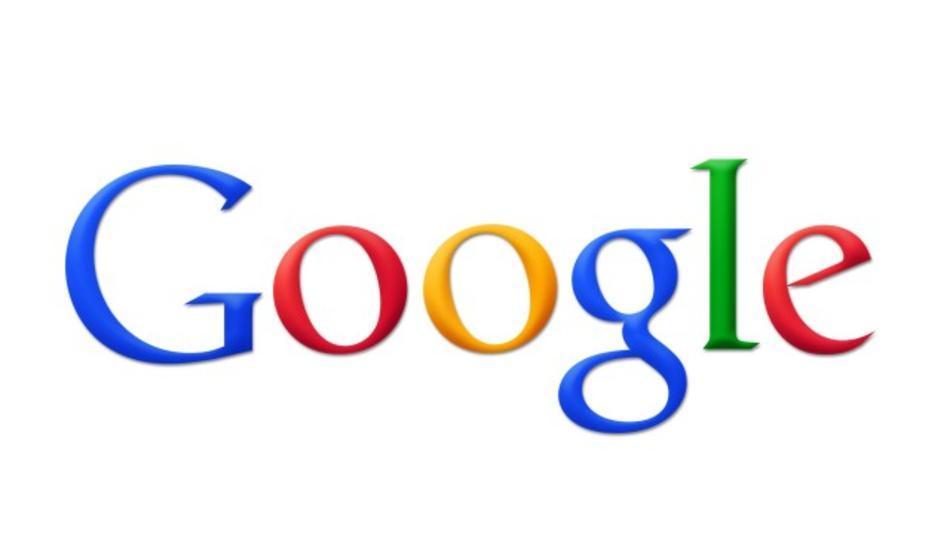Google is the spy tool of choice, the one stop-shop for spying, and the spymaster’s dream.
Google Chairman Eric Schmidt’s famously quipped: “if you have something you don’t want anyone to know, maybe you shouldn’t be doing it.” Given recent spying revelations, what Mr. Schmidt apparently means is: “if you don’t want to be spied upon, don’t use Google’s products and services.”
Why is that true? Let’s examine the top ten reasons.
Summary
- Google is the most vulnerable online platform to hacking/spying.
- Google profiles the behavior of the most people in the world.
- Google is fluent in the most languages enabling the broadest and most efficient surveillance.
- Google has the most locational awareness of where most people are physically most of the time.
- Google tracks/spies on more people better than anyone online.
- Google has the most paid spying partners and collaborators.
- Google is the best at predicting what people are most likely to do next.
- Google has the best spying cover.
- Google has the best denials of spying.
- Google is the most politically connected tracker/spy.
Top Ten Reasons
1. Google is the most vulnerable online platform to hacking/spying.
The catalyst for this Google Spy analysis is the shocking discovery of a new Android vulnerability by mobile security firm Bluebox Security. They uncovered an “Android master key that makes 99% of devices vulnerable;” it has affected 900m mobile devices since 2009.
This uber-flaw means any spy service, criminal operation or hacker for the last four years could have hacked into and taken complete control of any of these devices to gain “full access to Android system and all applications and their data.” This is not the first time Google was completely hacked. The Washington Post reported that Google primary systems were hacked in 2009 by Chinese hackers enabling them full access to everything in Google’s system for over a year. Google has an abysmal track record of cybersecurity lapses.
2. Google profiles the behavior of the most people in the world.
Google has 1.2b search users; 1b monthly YouTube viewers; 1b monthly Google Maps users; 900m Android users; 750m Chrome browser users; 600m Google+ social media users; and 425m gmail users. Roughly 85% of these various Google users are outside the United States.
3. Google is fluent in the most languages enabling broadest and most efficient surveillance.
Google offers its search interface in 130 languages. Google Translate handles 71 languages fluently and 18 more are in working development. Google has offices in 60 countries.
4. Google has the most locational awareness of where most people are physically most of the time.
Google Search, Maps and Android are locationally-aware for roughly a billion people. Google Maps has mapped 28 million miles of roads in 194 countries. Users make about a billion Google Maps searches a day. In addition, Google StreetView has panoramically photographed 5 million miles of road in 50 countries. Google Android sends location signals to Google every two minutes. Google’s WiSpy effort secretly recorded snippets of home WiFi signals without permission in 33 countries over a period of three years, capturing WiFi router and device addresses.
5. Google tracks/spies on more people better than anyone online.
Google’s unique global dominance of search and online ad serving — via DoubleClick’s ubiquitous cookies and Google Analytics — effectively enables Google to track an estimated 80% of online users’ behavior 80% of the time. The only countries for which Google may have a less than a dominant ability to track its citizens are China, Korea and Russia, because they are the only countries with dominant indigenous search engines.
6. Google has the most paid spying partners and collaborators.
Google’s revenue sharing business model pays over a million revenue “partners” to embed Google Search, Maps, DoubleClick cookies and/or Google Analytics to identify, track and record online users behavior. Google pays these website partners and collaborators $12b annually or 25% of its advertising revenues to track, record, and share this tracking/spying information with Google. Google calls these partner-payments — traffic acquisition costs or TAC. Roughly half of all Google searches and metadata originate from these partner websites. Google also has 40,000 “citizen cartographers” collaborating to update Google Maps.
7. Google is the best at predicting what people are most likely to do next.
Google has long believed in artificial intelligence to anticipate their users’ needs and provide them with recommendations and help before they ask for it. Google Now does just that. Tellingly, Google Chairman Eric Schmidt told the WSJ: “I actually think most people don’t want Google to answer their questions, they want Google to tell them what they should be doing next.” Google’slong research and business emphasis on predicting people’s needs and thought processes makes Google the world leader in predicting many types of human behavior, capabilities that are exceptionally useful to spying.
8. Google has the best spying cover.
Google has built one of the world’s most trusted brands: by proclaiming they work for users who do not pay them, not the advertisers who do pay them; by trumpeting a “don’t be evil” corporate motto; and by lulling everyone that privacy and security are top priorities at Google. Google has mastered the task of getting people to willingly or unwittingly give up their private information, better than any entity ever. And they have accomplished it via masterful deception – the hallmark of a successful spy.
9. Google has the best denials of spying.
When Google got caught secretly intercepting tens of millions of home WiFi signals in over a dozen countries without the permission of homeowners or notification to the public, Google’s story was simply that it was a “mistake” of one rogue engineer. Google never explained how WiFi antennas were retrofitted onto over 3,000 Google Street View vehicles, that drove millions of miles, over three years, in 33 countries, collecting WiFi signals, passwords and device addresses, and somehow only one person at Google knew that it was happening.
Google consolidated its multiple privacy policies into one privacy policy without any user opt-out in early 2012, enabling comprehensive Google digital-dossiers on users. Despite increasingly strong opposition from various EU nation privacy authorities that Google’s privacy policy violated their laws, Google PR has not changed: “Our privacy policy respects European law and allows us to create simpler, more effective services. We have engaged fully with the authorities involved throughout this process, and we’ll continue to do so going forward.” Simply, when confronted with potential spying Google’s response is to deny and stonewall – very effectively.
10. Google is the most politically connected tracker/spy.
Google has subsidized and tailored its tools, products and services for political campaigns — from Google Docs, to data-mining/analytics, to a YouTube channel. Google’s “free” political services have ingratiated Google with more political operatives and candidates around the world than any other entity. Google has provided similar subsidies for many major not-for-profit organizations.
Simply, no other private entity in the world has more assiduously developed comprehensive political relationships and knowledge about candidates, political campaigns or issues – in the U.S. or around the world. If someone wants to know a particular candidate’s political prospects, Google has more useful metadata on more political candidates and campaigns than anyone. Google’s uniquely comprehensive and granularly-detailed political metadata enables it to be the most accurate election predictor in the world by far – weeks or months before actual election days. This is among the most valuable information possible for intelligence services trying to anticipate and position for the future.
In closing, Google has more capabilities, to spy on more people, in more ways, more intimately, than any other entity. This makes Google the spy tool of choice, the one stop-shop for spying, and the spymaster’s dream. Meet Google-Spy.
***
Security is Google’s Achilles Heel Research Series:
Part 1: Why security is Google’s Achilles heel”
Part 2: Google values security much less than others do”
Part 3: Google: “Security is part of our DNA” (Do Not Ask)
Part 4: Why Security is Google’s Achilles Heel”
Part 5: Google Apps Security Chief is a magician/mentalist”
Part 6: Google-China: Implications for Cybersecurity”
Part 7: Did Google Over-React to China Cybersecurity Breach?”
Part 8: Google’s Titanic Security Flaws”
Part 9: A Google Android Botnet Problem”
Part 10: Google’s Deep Aversion to Permission”
Part 11: Top Ten Reasons Google Has Culpability in the Gmail Data Breach”
Part 12: Google’s Culture of Unaccountability in its Own Words
Part 13: Google’s Privacy Rap Sheet: Fact-Checking Google’s Claim it Works Hard to get Privacy Right
Part 14: Why Google is America’s Cyber-security Achilles Heel
[First Published by The Precursor Blog]





